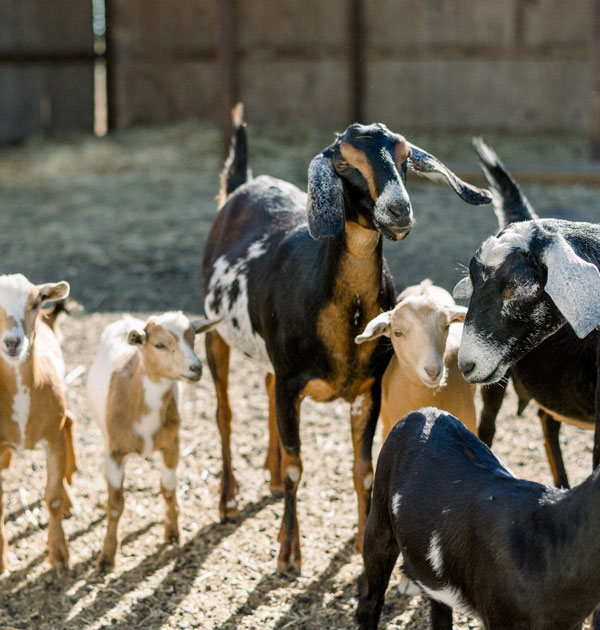From American Friends Service Committee AFSC
“This year, one of Congress’ most important tasks is to pass a Farm Bill. This massive piece of legislation is authorized every five years. It affects the food and nutrition of every person in the U.S. And it’s a critical opportunity to reduce hunger and counter climate change”.
Please write to our Senators and Reps to pass a just, sustainable, transformed Farm Bill.
Here is a sample letter:
Dear Senator Murray, Cantwell, Representative…..,
As your constituent, I believe that our food and agricultural system, economy, and environment should work for all people for generations to come.
The 2023 Farm Bill is a critical opportunity to improve food security and nutrition for people across the U.S. and promote climate resilience. As you start working on this important legislation, I urge you to prioritize the needs of our communities, not industrial agriculture corporations.
Our food system is failing to address hunger in the U.S. The U.S. spends billions of taxpayer dollars on corn and soybeans subsidies for livestock and poultry feed. That money could be used instead to fill our dinner plates.
While our current food system is vulnerable to climate change, it is also a leading contributor to the climate crisis. Agriculture contributes 11% of total greenhouse gas emissions in the U.S.
I urge you to support a Farm Bill that promotes food security, responds to climate change, and gets nutritious food to people facing hunger. Please work to:
- Strengthen programs that prevent hunger and malnutrition in the U.S. and around the globe.
– Codify the COVID-era expansion of SNAP—and bolster other nutrition assistance programs like the Emergency Food Program and the Gus Schumacher Nutrition Incentive Program.
– Expand eligibility for food programs to more people, including low-income college students, immigrants, people with criminal legal records, and others who are currently ineligible.
– Safeguard and improve international food aid to encourage local food security and improve the nutritional quality of food aid.
Address climate change and reorient our funding priorities to support climate justice initiatives.
– Promote the sustainable use of natural resources. That includes increasing funding for climate-friendly agricultural
practices like regenerative agriculture (an Indigenous farming practice that champions holistic and rehabilitative
resource cultivation).
– Adequately fund farmers—especially small-scale farms—to operate in ways that protect air and soil quality.
– Disincentivize the use of fossil fuels and chemical fertilizers that harm the environment. Divest from harmful biofuel production.
– Create more conservation programs and enhance existing ones like the Environmental Quality Incentives Program.
These programs should serve the needs of small-scale farmers by providing them with funding for research and implementation.
– Eliminate food waste and its resulting greenhouse gas emissions by connecting nutritious food to communities in need.
- Invest in vibrant local and sustainable agricultural economies to promote food sovereignty.
– Invest in urban agriculture projects and other local food systems that provide our communities with social, economic, and environmental benefits.
– Improve access to markets for local and small-scale regenerative farmers. Support the sourcing of their produce for federal nutrition programs to make meals healthier for all.
– Protect the dignity, health, and safety of those responsible for working the land.
Congress must prioritize programs and policies that curb hunger and malnutrition, support vibrant local agricultural economies, and promote the sustainable use of natural resources. I urge you to work for a Farm Bill that fulfills the growing needs of the people and the planet.
Please reply with your positions and plans to pass a fair, food-secure Farm Bill.
Sincerely,
Your name

